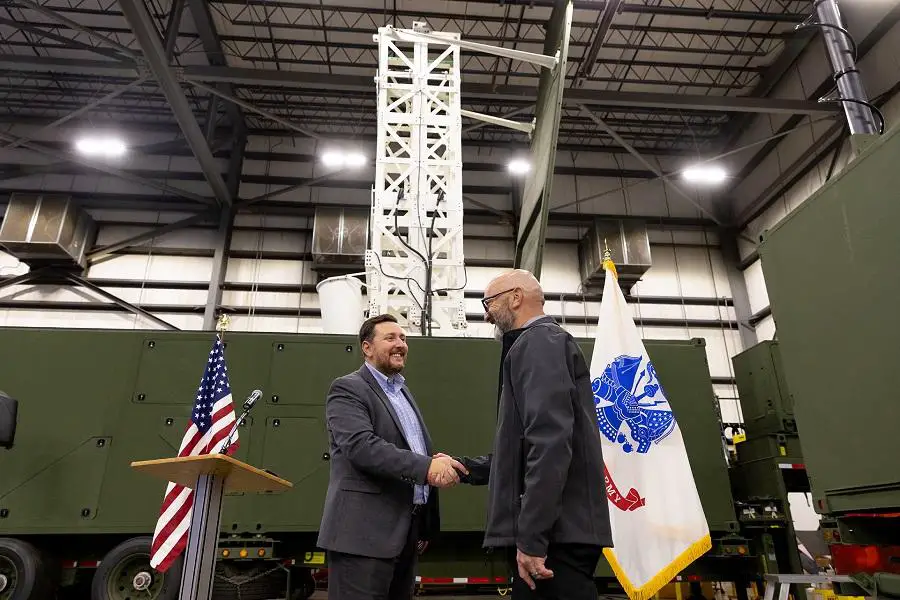Lockheed Martin delivered the first Mid-Range Capability (MRC) battery, also known as the Typhon Weapon System, to the United States Army Rapid Capabilities and Critical Technology Office (RCCTO). MRC is comprised of launchers, missiles and a battery operations center developed to address surface threats. It is part of the Army’s top modernization priority to develop and field new long-range precision fires capabilities. Lockheed Martin’s investment in modern engineering processes and digital transformation enabled the company to scale its Aegis Command and Control functions and the Mark 41 Vertical Launching System to quickly meet Army long-range fires needs. Leveraging existing missile and launcher systems maintains commonality with other critical Army and joint service programs with the Navy, Air Force and Marines and enables the Army to accelerate fielding.
“The MRC rapidly progressed from a blank piece of paper in July 2020, to the Soldiers’ hands in just over two years. The RCCTO team, as well as our joint service and industry partners, delivered this hardware so Soldiers can begin training as quickly as possible,” said Lt. Gen. Robert Rasch, Director of the Army Rapid Capabilities and Critical Technologies Office (RCCTO).

“Our collaboration with the U.S. Army enabled us to form a deeper understanding of its most critical mission needs,” said Joe DePietro, Lockheed Martin general manager and vice president. “That partnership enabled us to leverage technologies across our ships, launchers and combat systems programs to design, develop, integrate and quickly deliver a solution to meet the Army’s mission requirements. We created new capabilities through integration of existing and evolving technology to ensure our warfighters are ahead of ready.”
MRC is the latest mission capability Lockheed Martin developed for RCCTO to help the Army transform into a more agile, multi-domain force. It provides a combined operational capability to address specific threats to penetrate, dis-integrate, and exploit targets critical to the joint fight. This capability helps achieve the Army’s modernization goals of speed, range, convergence, decision dominance, and overmatch to defeat adversaries and provide support in multi-domain operations. The idea was to create a capability to strike targets somewhere between the 500 and 1,800 km range, or greater than the future Precision Strike Missile (PrSM) but shorter than a Long-Range Hypersonic Weapon (LRHW) system. To do this, army programme officials joined forces with the navy to leverage existing capabilities such as the Mark 41 Vertical Launching System (Mk 41 VLS), and the Tomahawk and SM-6 missiles.

















